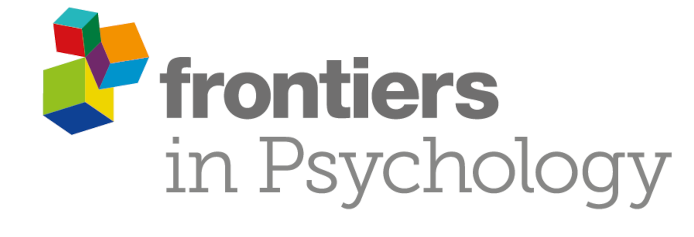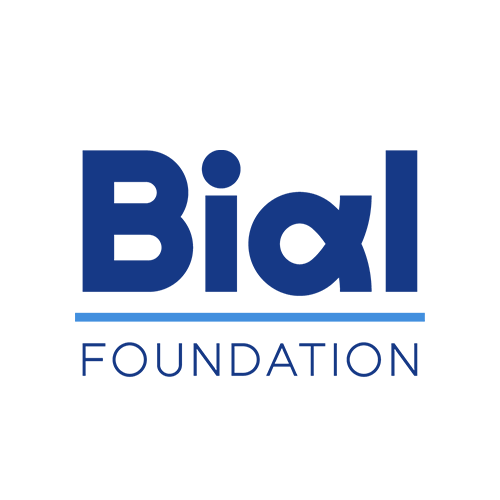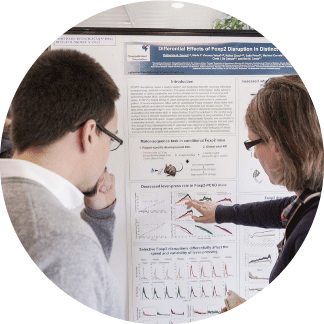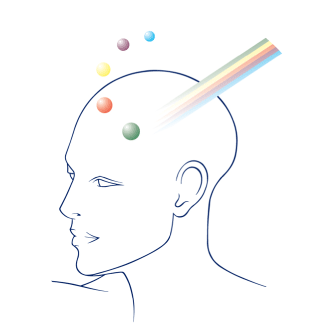News
Top Stories

Is it possible to regulate the feeling of disgust by imaginary placebo pill intake?
A study compared the effects of a placebo pill and an imaginary pill in reducing visually induced disgust.

Web-based mindfulness intervention improves memory and attention in the elderly
A research team assessed cognitive, psychological and physiological outcomes of a mindfulness-based intervention in healthy older adults.

Identification of a molecule involved in fear extinction opens avenues for new therapies for anxiety
The discovery of mediator responsible for altering fear memories could contribute to the creation of new therapies for the treatment of anxiety disorders.
News

How does the brain track the rhythm of music?
A study reinforces the idea that music, although culturally rich and diverse, is grounded in mechanisms deeply rooted in our biology.

Illusory beliefs: An invisible obstacle to medicine?
A study shows that the stronger the belief in pseudoscientific ideas, the greater the distrust in conventional medicine.

Why are some mothers more vulnerable to perinatal depression?
A study tracked the trajectory of perinatal depression at four distinct points – in late pregnancy, and at 3, 6, and 9 months postpartum.





